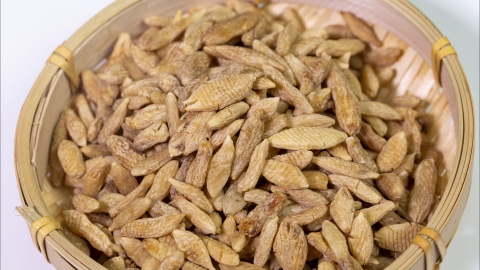Does Ophiopogon japonicus nourish the stomach or harm the stomach?
Generally speaking, whether Ophiopogon japonicus (Mai Dong) nourishes or harms the stomach mainly depends on the dosage, method of consumption, and the individual's physical condition. The detailed explanation is as follows:

If someone inherently suffers from stomach yin deficiency, manifested as dry mouth and throat, mild stomach pain, and poor appetite, taking an appropriate amount of Ophiopogon can help nourish the stomach yin and promote body fluid production, thereby alleviating gastric discomfort and achieving a stomach-nourishing effect. For example, using a small amount of Ophiopogon to brew tea or cooking it together with porridge can be beneficial. In such cases, keeping the dosage within a reasonable range and combining it with mild ingredients is advantageous to the stomach.
However, if someone inherently has a cold deficiency in the spleen and stomach, frequently experiencing loose stools and cold-induced stomach pain, or if excessive amounts of Ophiopogon are consumed, especially when eaten raw in large quantities, the slightly cold nature of Ophiopogon may burden the spleen and stomach, worsening these conditions and causing discomfort such as abdominal distension and diarrhea, thus damaging gastric function. This effect is particularly pronounced when large quantities are consumed on an empty stomach, easily causing gastrointestinal discomfort.
When consuming Ophiopogon in daily life, attention should be paid to adjusting the dosage according to one's spleen and stomach condition: those with stomach yin deficiency may take small amounts over a prolonged period, while those with cold deficiency of the spleen and stomach should avoid it as much as possible. During consumption, it can be combined with mild ingredients such as Chinese yam and millet to neutralize the cold nature of Ophiopogon. If any stomach discomfort occurs after consumption, usage should be stopped immediately, and professional advice should be sought if necessary.




